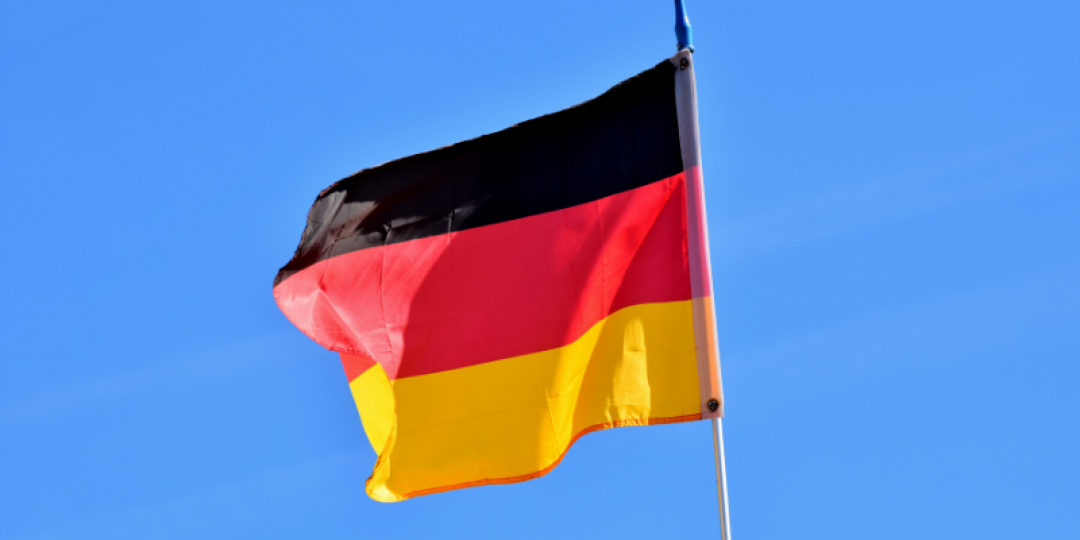There is demand for travel to South Africa but German tourists may be more hesitant due to several obstacles in the travel process, according to experts.
“Germany is one of South Africa’s top-five source markets and, as of October 1, one of the only source markets from which we can welcome leisure and business travellers,” said MD of Big Ambitions, Natalia Rosa.
During a virtual meeting held by the South Africa is Travel Ready Collective yesterday (October 13), Rosa invited tourism experts to discuss the reasons that might be holding the German market back from travel to South Africa.
German legislation
Currently, South Africa is on the German Federal Ministry of the Interior’s ‘risk’ list. This means that travellers returning to Germany from South Africa will have to enter quarantine unless they have a negative PCR test no older than 48 hours.
The ‘risk’ status is accompanied by a travel warning that has further implications, according to MD of Venter Tours, Caspar Venter. “With these restrictions in place there is a knock-on effect in terms of insurances and returning to Germany and employers saying that should you go into quarantine you will need to take unpaid leave… These are serious issues that people have to take into consideration.”
There are also travel restrictions domestically in Germany that make it difficult for people to move within the country, said Director of Business development at Red Elephant Reps, Petra Fraatz.
“At the moment in Germany we have a patchwork with regard to regulations. From state to state it’s different, and we have now developed hotspots. People from Berlin may not be checked into a hotel in Munich, for example, and so on,” said Fraatz.
This sentiment was echoed by Managing Partner WörterSee Public Relations, Christian Handschell, who said there was hope that the German government would clarify and adjust regulations some time this week. “Be aware that there is some chaos in the source market,” he advised.
Uncertainty
Between unreliable airline schedules and unclear regulations, German tourists cannot be certain that their travels will go to plan.
“Despite everything that the South African travel industry has done, the hotels, lodges and now with the flights resuming, we are finding that, even so, flights are still cancelled,” said Venter, explaining that several airlines were moving scheduled flights to compensate for under-booked flights.
This was one of several reasons the German market might be uncertain about their travel plans according to Handschell. “These reasons would mostly be the mentioned flight capacities, insecurities in terms of travel plans, a lack of communication, a lack of understanding of how protocols are implemented in South Africa or what the protocols are,” he said, emphasising the need for understanding South Africa’s protocols.
Fraatz agreed, highlighting several points of concern including what might happen to a traveller presenting symptoms of COVID-19 while in South Africa, and if they would receive support. “If a destination has made a full plan for these issues, I highly recommend that this is also promoted to take the fear away from customers,” she said.
“It’s not about the product; the product is there. It’s about ‘how in a COVID-19 world is the destination looking after me as a visitor?’”
She added that the longer German tourists were “caged” in their own country, the stronger their desire to travel would become. “Germans love to travel,” she said, emphasising that there needed to be clarity and certainty in order to unlock this demand.
























